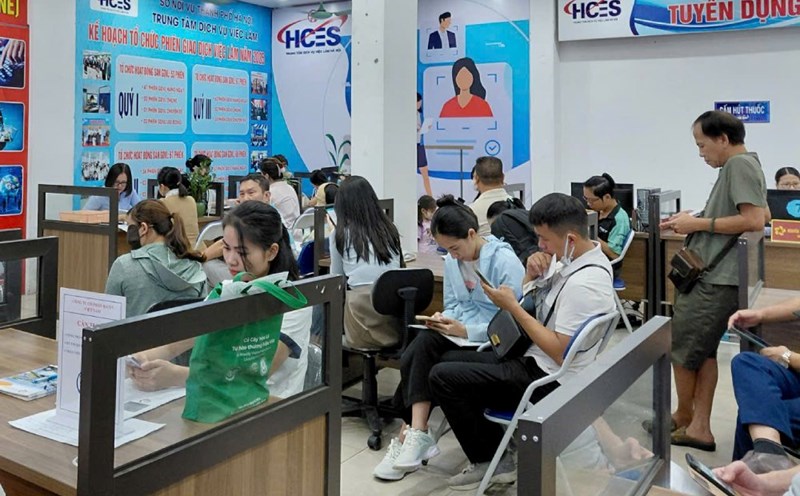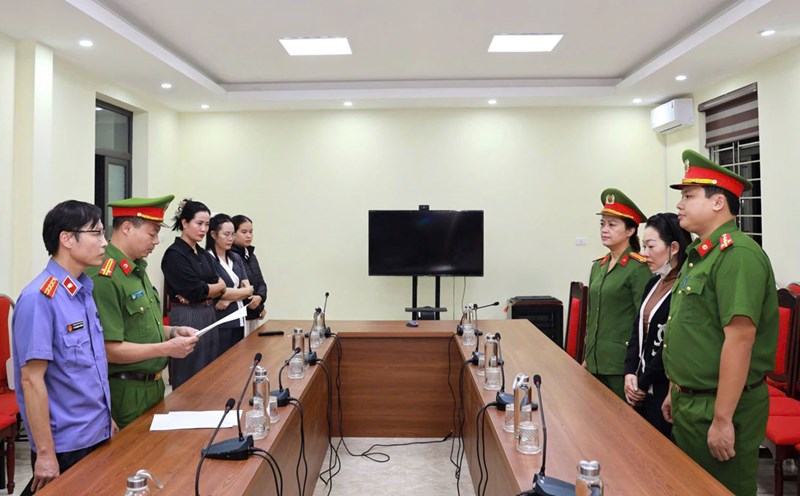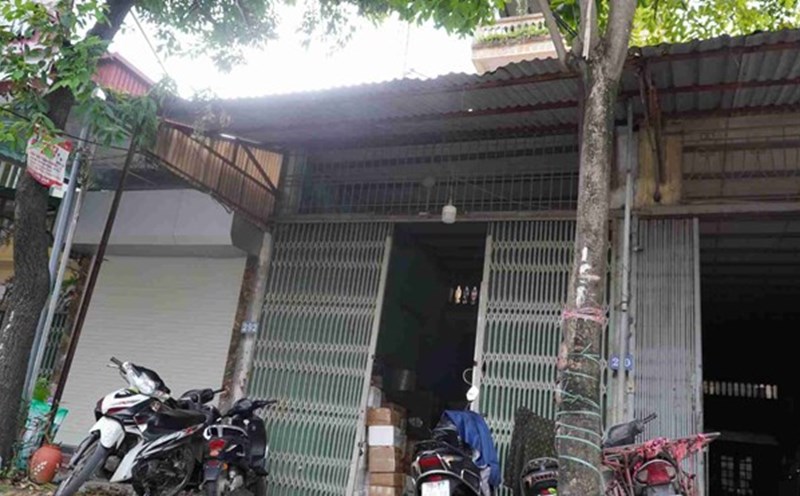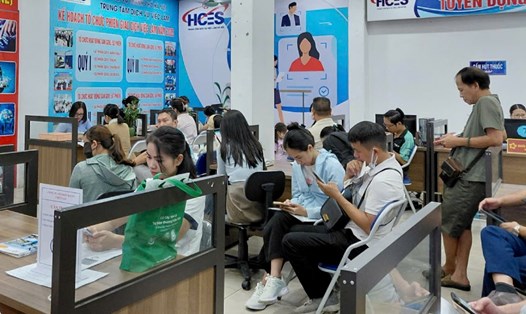According to the report on the status and trends of the implementation of unemployment insurance policies associated with job creation issued by the Hanoi Employment Service Center, the Hanoi Capital Labor Market operates as a key economic center in the overall socio-economic picture of the country. Therefore, all fluctuations, challenges and opportunities in the Hanoi labor market are deeply influenced by macro-policy frameworks and general economic context.
In 2024, about 51.6% of Hanoi's labor force will be in the informal sector. This area, together with gig labor, creates a large "covering space" for social security and tends to "hold roots".
Currently, the outstanding challenges of implementing unemployment insurance policies associated with Hanoi's job creation are reflected in the following main contents:
Social security gap: By the end of 2024, the rate of unemployment insurance (UI) workers in the capital will remain high, especially the gig labor group (temporary work workers).
Limited in retraining: The vocational training support mechanism is not attractive enough and lacks connection with the actual needs of the market.
The labor market is strongly differentiated and skills gaps: Recruitment demand tends to be differentiated. The market is "thirsty" for skilled college/middle-level human resources, while there is a paradox of "more teachers, less workers" and a surplus of labor with a high rate of lack of experience.
Increased risk of inequality: Women's, migratory, and disadvantaged groups face double risks, both unstable work, low income, and limited access or are outside the scope of social security policies
Growth paradox: Economic growth is shifting in depth (relying on increased productivity and technology), but the expansion rate of working according to GRDP is low, requiring workers to quickly upgrade their skills to avoid being eliminated.
The Hanoi Employment Service Center recommends the contents of unemployment insurance policies: From "safe networks" to "free", allocate surplus funds for large-scale reskilling (upskilling) programs, associated with unemployment insurance policies (Working Law 2025); pilot flexible personal social security account mechanism (portable benefits) for employees; research linking subsidy payments with the obligation to participate in training/profession to encourage socialization.
Regarding social security, expand and implement the specific mechanism of the Capital Law to increase the coverage of self-reliance social insurance for the poor and the poor; deploy a roadmap to build a multi-layered pension system; simplify procedures and support taxes and credit to encourage businesses to officially transform.
To meet the requirements of the new phase, the Hanoi Employment Service Center will deploy upgrading digital infrastructure to build a database of labor, work as a team and a system for forecasting skills needs based on Big Data. taken on the role of a focal point for retraining and fostering skills for workers receiving unemployment insurance, integrated with vocational training institutions. Strengthen inter-sectoral coordination to ensure the policy of "touching up with workers".











